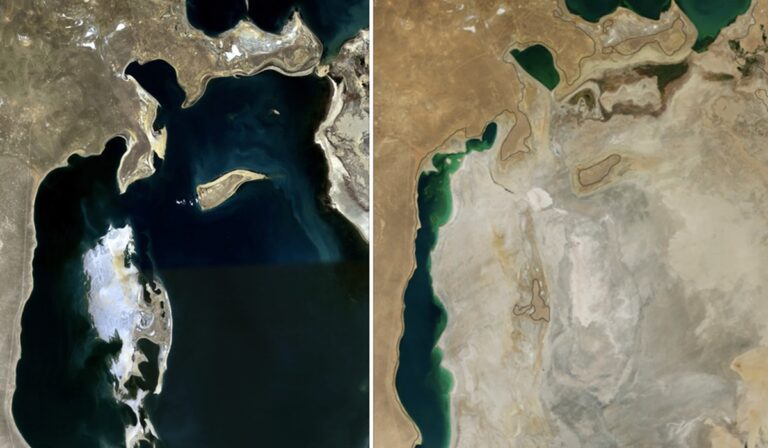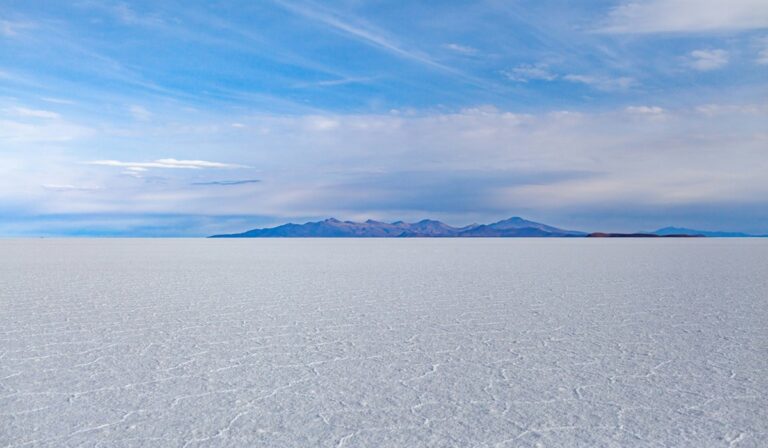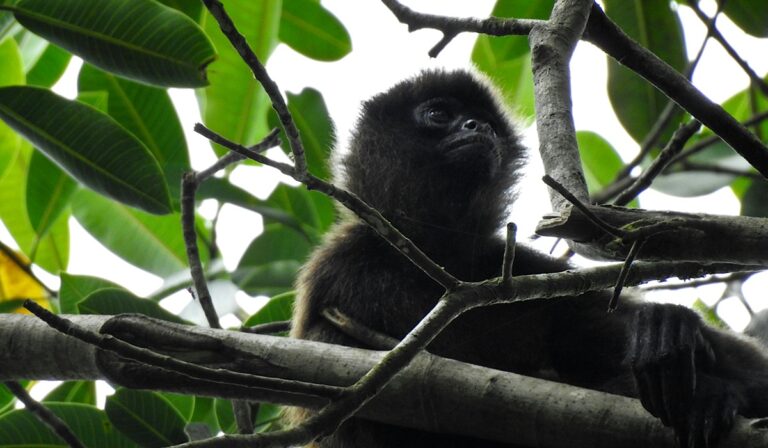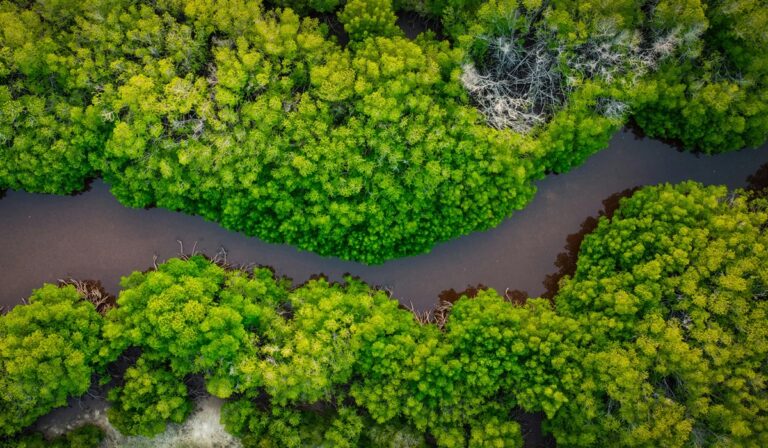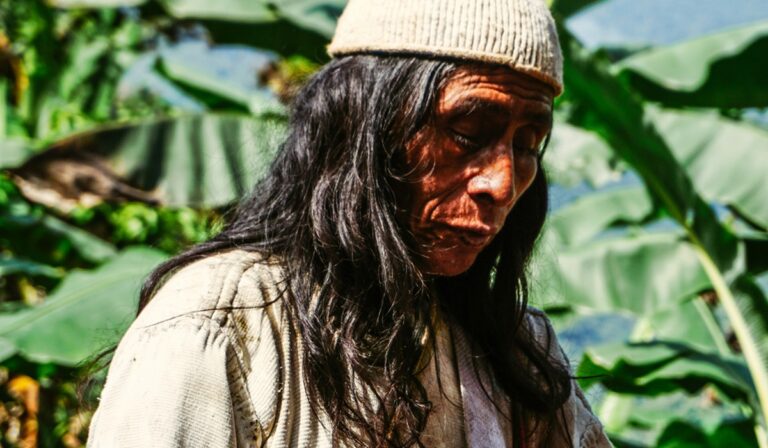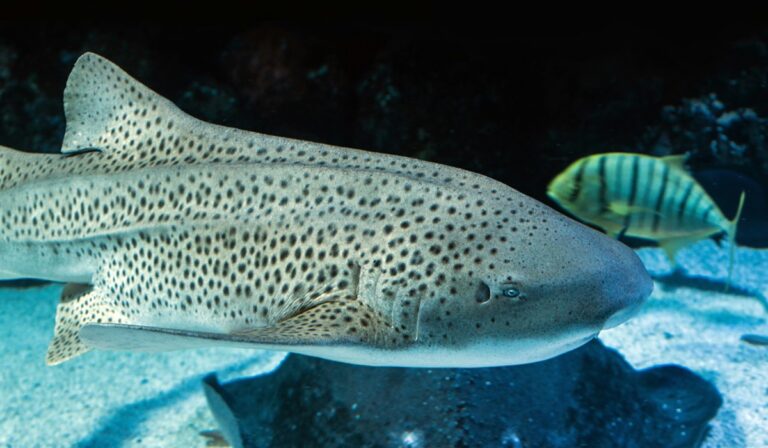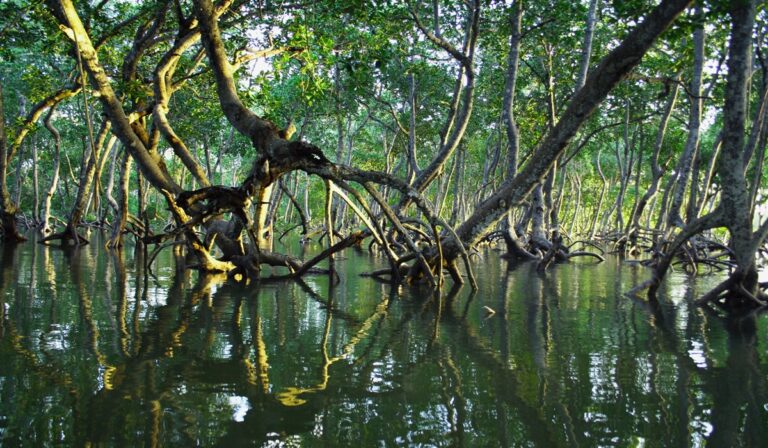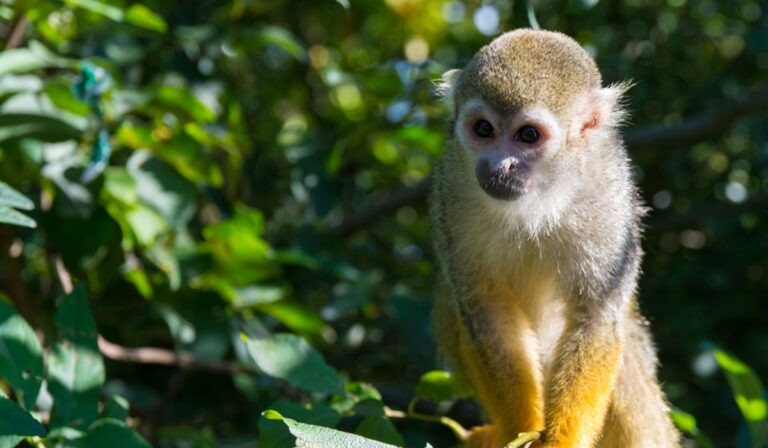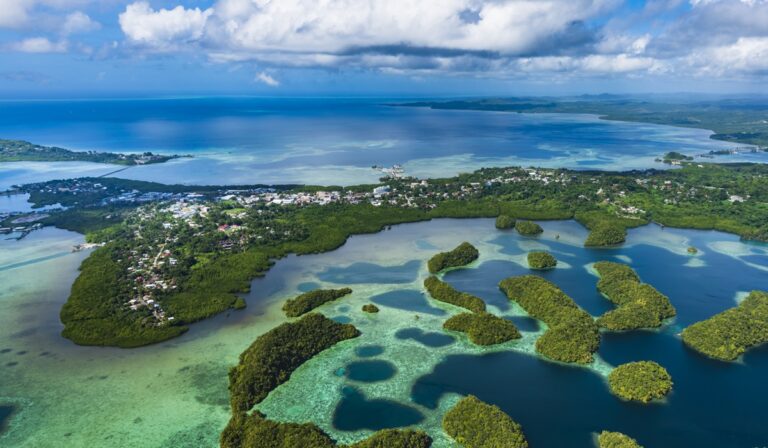Uzbekistan plants millions of acres of forest where the Aral Sea once lay
Instead of trying to restore what used to be the world’s third largest lake, officials from the Uzbekistan Forestry Agency and locals are trying to plant a new forest where it once rested. The main purpose of the afforestation project it to curb the harmful sandstorms and improve the ecosystem by planting desert-tolerant plants. The initiative has so far planted 4.2 million acres of forest, with up to 494,000 acres of new forest planned for 2024.
Uzbekistan plants millions of acres of forest where the Aral Sea once lay Read more

